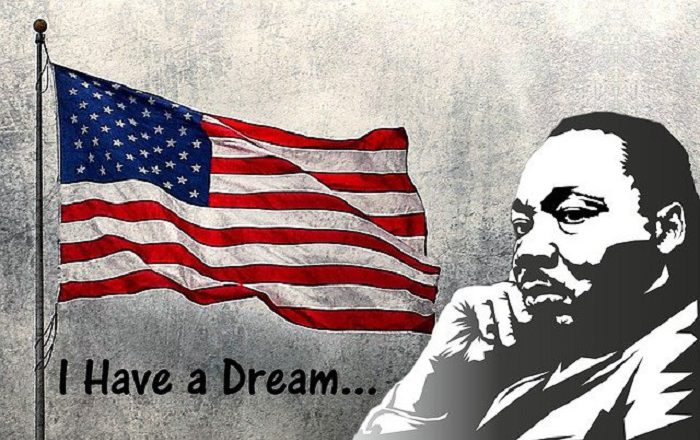MLK Jr. Had A More Radical Message Than A Dream Of Racial Brotherhood
Martin Luther King Jr. has come to be revered as a hero who led a nonviolent struggle to reform and redeem the United States. His birthday is celebrated as a national holiday. Tributes are paid to him on his death anniversary each April, and his legacy is honored in multiple ways.
But from my perspective as a historian of religion and civil rights, the true radicalism of his thought remains underappreciated. The “civil saint” portrayed nowadays was, by the end of his life, a social and economic radical, who argued forcefully for the necessity of economic justice in the pursuit of racial equality.
Three particular works from 1957 to 1967 illustrate how King’s political thought evolved from a hopeful reformer to a radical critic.
King’s support for white moderates
For much of the 1950s, Ki...

